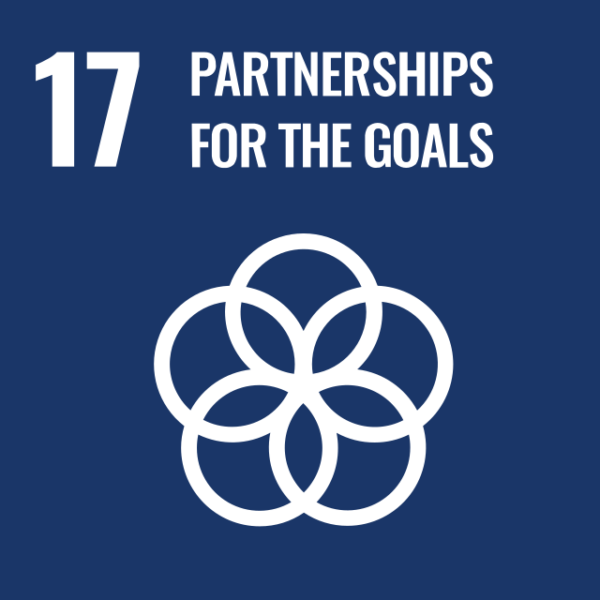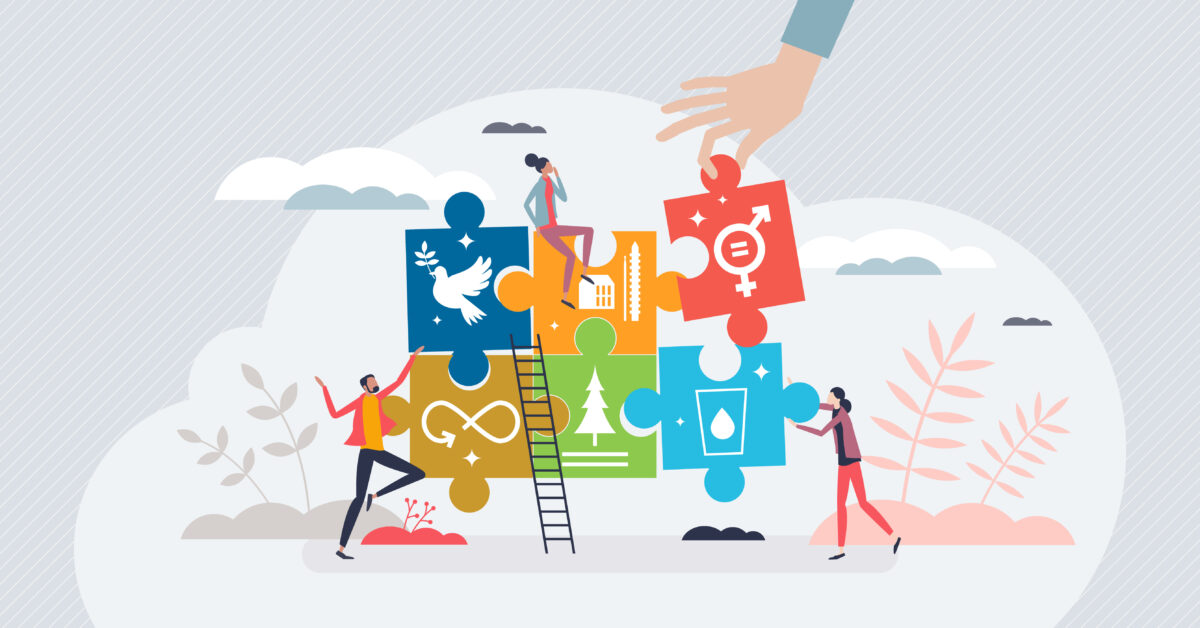
The SDGs are part of an Inseparable whole
Even though the SDGs are a complete package, they are often split into three groups or pillars, the economic, social and environmental SDGs. They are sometimes organized into a pyramid with the environmental goals being the base, then the social goals and finally the economic. For example, successful implementation of SDG 15 Life on Land, and SDG 14 Life Under Water has a positive effect on SDG 2 No Hunger and SDG 3 Good Health and Wellbeing, SDG 6, 8, 9, and 13. By examining the SDGs from this perspective you can see how they are all interconnected.
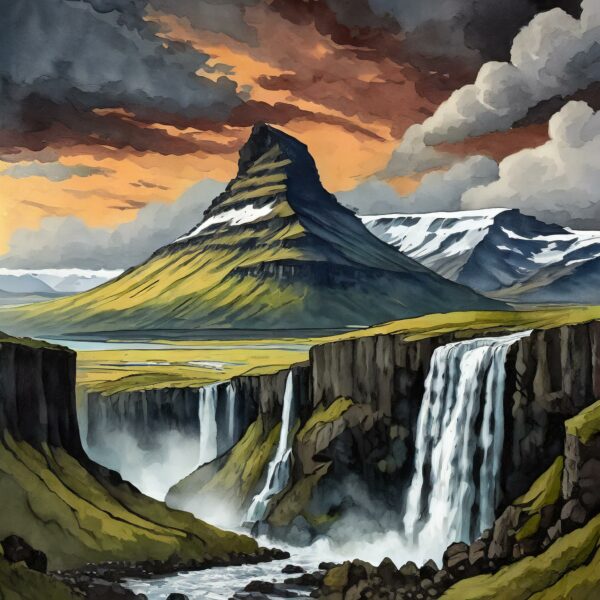
How do households fit in to the UN SDGs?
Homes and households are an arena for diverse actions connected to the SDGs. Households are consumers of food, all manner of products, construction materials, fuel, energy, water, etc. Homes are also a workplace where a lot of work goes into raising children, cleaning, cooking, repairs and upkeep. Homes are the setting for wellbeing and health. Homes are the units which create cities and societies. Homes are the starting point for equality, justice and peace.
The Environmental SDGs
The prerequisites for all life on earth and the basis for anything which can be labelled sustainable development are contained in the 4 environmental SDGs: Clean Water and Sanitation, Climate Action, Life Under Water and Life on Land. If we do not make significant progress in these goals it will be near impossible to make headway in any of the other SDGs. Making progress in the environmental SDGs will have a positive impact on all other SDGs. In Iceland there are a lot of organizations which are working towards the environmental SDGs.
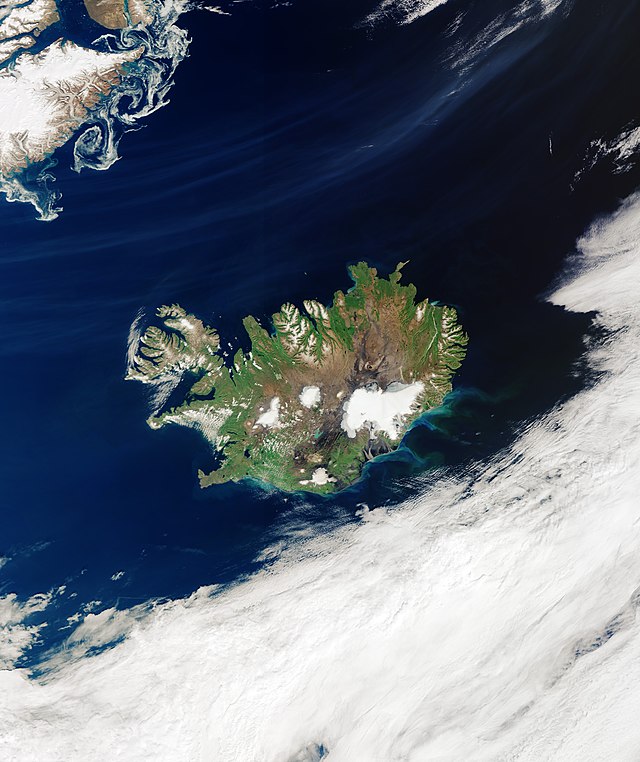
ESA
Social Sustainability
The social SDGs are there to protect and nurture the human resources. In an individualist society like Iceland, the human is often not recognized, or we neglect being active members of society. Marginalized groups have an especially difficult time being included in everyday society.
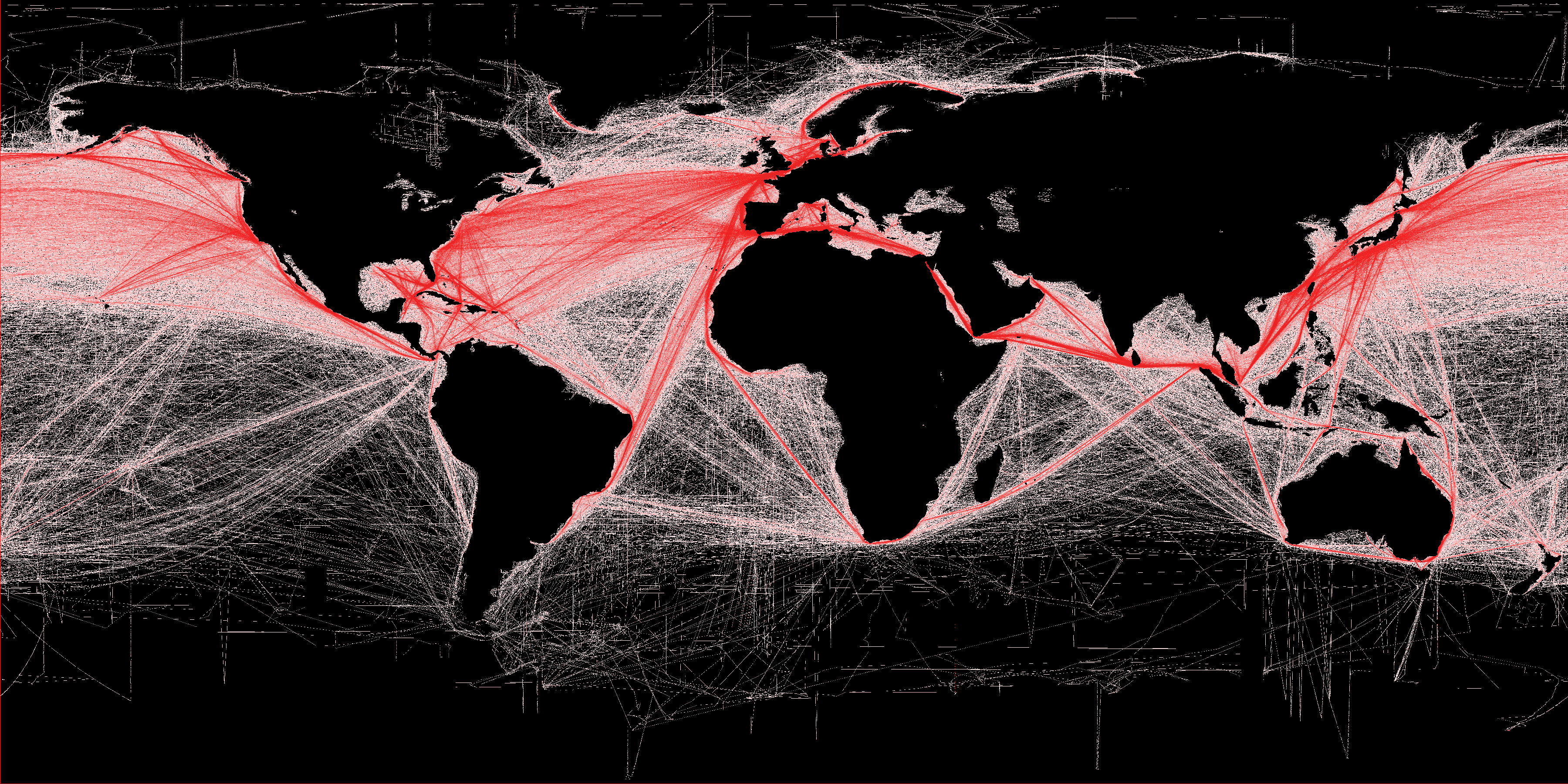
B.S. Halpern (T. Hengl; D. Groll)
Economic Sustainability
The economic SDGs strive to reach sustainability in traditional wealth creation and business practices. The power of the market, new technologies and widespread wealth can be harnessed to improve society, the environment and increase equality. SDG 12 Responsible Consumption is well within the purview of households, and success in this SDG will have widespread effects.
The Situation in Iceland
NO POVERTY
Despite Icelandic society being fairly affluent and Icelanders enjoying a high standard of living, poverty exists in Iceland. Marginalized groups, low-income households, disabled people and immigrants are at the highest risk of living in poverty. The real estate market and an unstable rental market are major contributing factors to poverty in Iceland.
The majority of those who need assistance from charities are people who depend on stipends from the municipalities and people who receive welfare or unemployment benefits. Low-income individuals and retirees also depend on assistance from charities but are in a minority. An increasing number of people of foreign origin depend on government assistance to make ends meet.

ZERO HUNGER
Starvation and hunger are no longer a problem in Iceland, however there is a group of people who depend on regular food support. Mæðrastyrksnefnd regularly distributes food on Wednesdays, and Samhjálp gives up to 350 meals every day. On the other hand, over-eating, overweight and obesity are a problem. Icelanders are among the fattest nations on the planet, 58.5% of people older than 15 are overweight. Food waste is a big problem here as well, circa 160kgs of food per person each year.
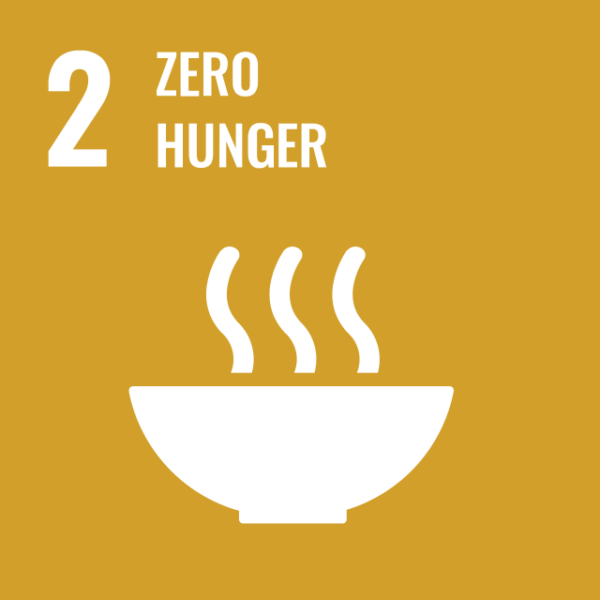
GOOD HEALTH AND WELLBEING
One of the major challenges facing Icelanders’ health are problems associated with the abuse of drugs and alcohol. On average, each Icelander consumes 7 liters of ethanol each year, and cirrhosis of the liver is becoming a growing problem. Icelanders’ mental health seems to be declining and mental health issues like depression and anxiety seem to be difficult to address properly. Poor health because of environmental issues is also a problem. It is suspected that 70 deaths a year can be connected to pollution.
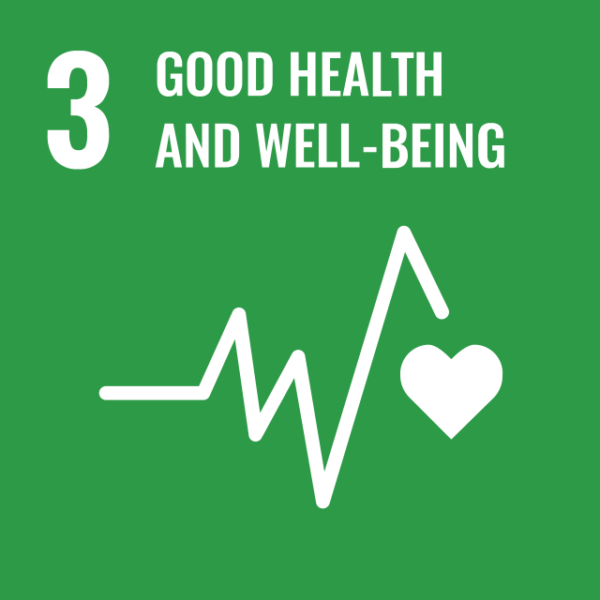
QUALITY EDUCATION
Everyone in Iceland has the right to an education but can be easier for some than others to access quality education. Marginalized groups do not always have the same opportunities for a myriad of reasons. Some of the main challenges are increasing immigrant’s Icelandic comprehension, increasing the number of students studying vocational and technical skills, and decreasing the drop-out rates in high schools. Society will benefit when the education and skills of immigrants are transferable.
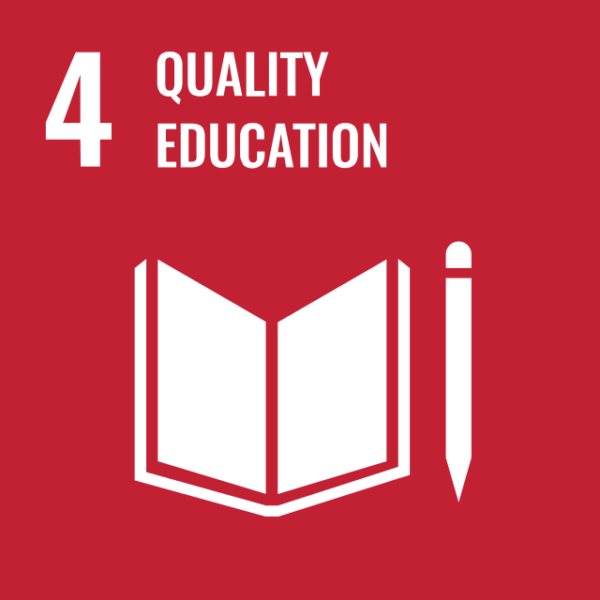
GENDER EQUALITY
Iceland and the other Nordic countries are considered to be global leaders when it comes to gender equality. Nevertheless, there are still societal problems that hinder true equality. Gender based violence is a recurring problem which has serious political, economic, social and health implications. A conscious understanding of the shared responsibilities of the household should be fostered. Too few women are in positions of power despite being the majority of university graduates. Women´s participation in all levels of society needs to be increased.
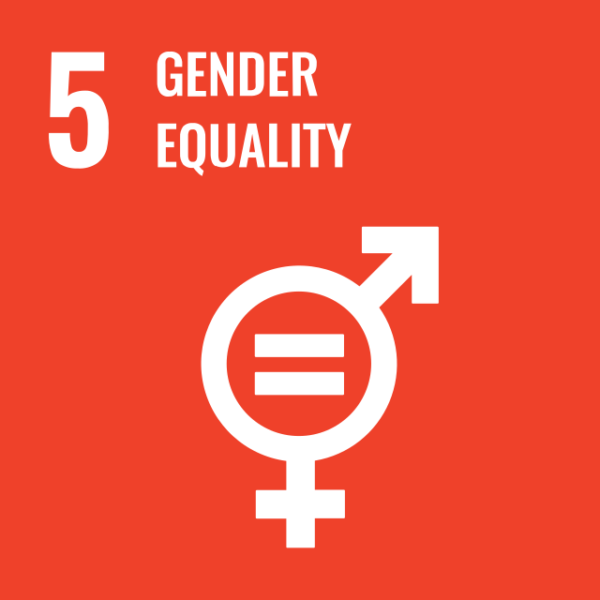
CLEAN WATER AND SANITATION
Iceland is known for its pristine nature, powerful waterfalls and the world´s best tap water. This abundance of clean and good water has perhaps made us complacent when it comes to the proper treatment of our water resources. We can improve on how we use our water. More seriously, sewage is not properly treated is pumped nearly untreated into the ocean. Despite having the best water in the world, we foolishly import water in the form of beverages and even ice!
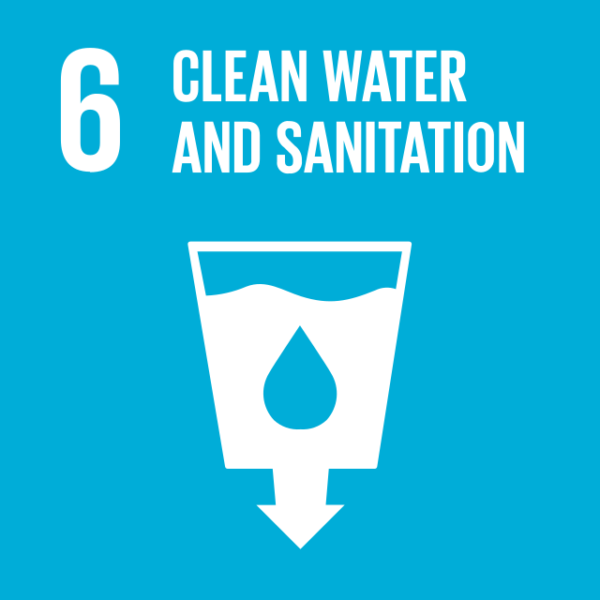
AFFORDABLE & CLEAN ENERGY
Arguably, Iceland´s most valuable resource is our abundant energy. Rivers and geothermal areas are harnessed to provide electricity and heat. We produce more energy than is needed for homes and businesses, 10% of our energy is for the homes, 10% is for businesses and smaller industry and 80% is for heavy industry like aluminum smelters. All energy consumers can improve their use of electricity, by upgrading technology and being mindful. The energy transportation network is unnecessarily wasteful, with the entire energy of the Krafla power plant being lost to resistance.
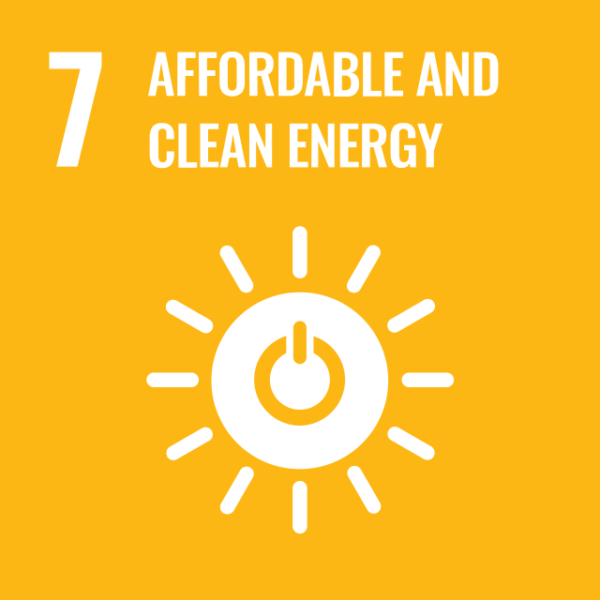
GOOD JOBS AND ECONOMIC GROWTH
Most people in Iceland enjoy job stability, economic growth and relatively high wages, which makes the country a desirable destination for jobseekers. On the other hand, young people of foreign descent are more likely to be neither in school nor employed than their Icelandic counterparts, support and solutions need to be improved for this aspect of Icelandic society. According to the Prime Minister’s office the main challenges are to reduce long-term unemployment, improve support mechanisms for people with diminished capacities, increase production that is in accordance with sustainable practices, and that opportunities and wages become equal irrespective of gender or heritage.
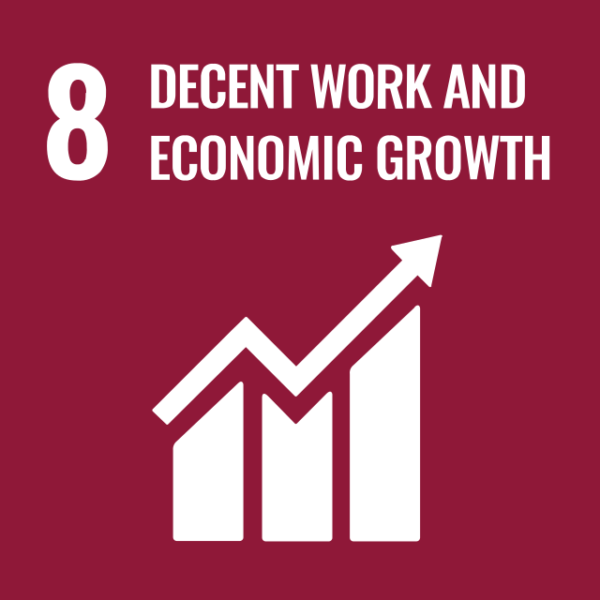
INDUSTRY, INNOVATION AND INFRASTRUCTURE
Rapid growth in various sectors of Icelandic society has underscored the need for increased investment and development of important infrastructure, like public transport, transport in general and everything which pertains to tourism. We need also to bolster scientific research and support innovation in all sectors.
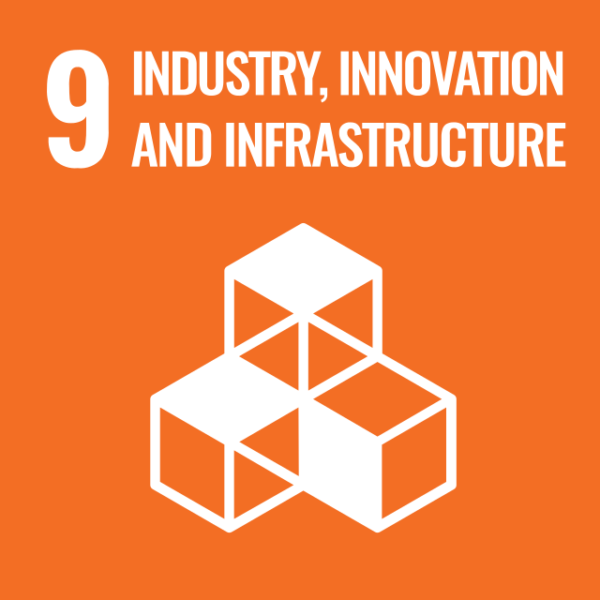
REDUCED INEQUALITIES
Icelandic society is considered to be open and tolerant, perhaps because of our long history of homogeneity. Today Icelandic society is more diverse and richer for it. People have become aware of setbacks especially online, where hateful speech and intolerance towards minority groups are rearing their ugly heads. We need to tackle this problem head on with an open and informed dialogue.
Groups on the fringes of society often have a hard time becoming fully integrated members of society. We need to find ways to fully incorporate everyone into all aspects of society and level the playing field irrespective of their origin, religion, lifestyle, disability, ability to work, age, sexual orientation, gender or gender identity, we are too small of society to discriminate.
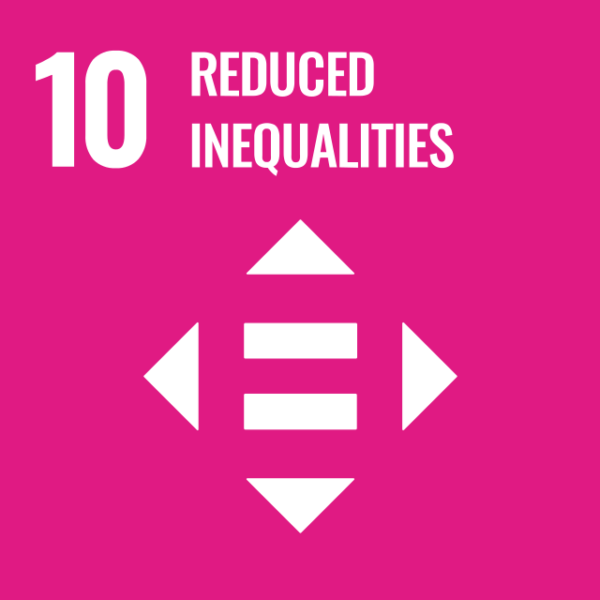
SUSTAINABLE CITIES AND COMMUNITIES
Despite Iceland being one of the least inhabited countries in the world with only 4 inhabitants per sq. km, 94% of the population lives in urban centers thereof 63,6% in the Reykjavik area. Lack of suitable housing and an unstable rental market are one of the main problems in urban areas. Air quality in urban areas can be especially bad, particularly because of particulates from the roads.
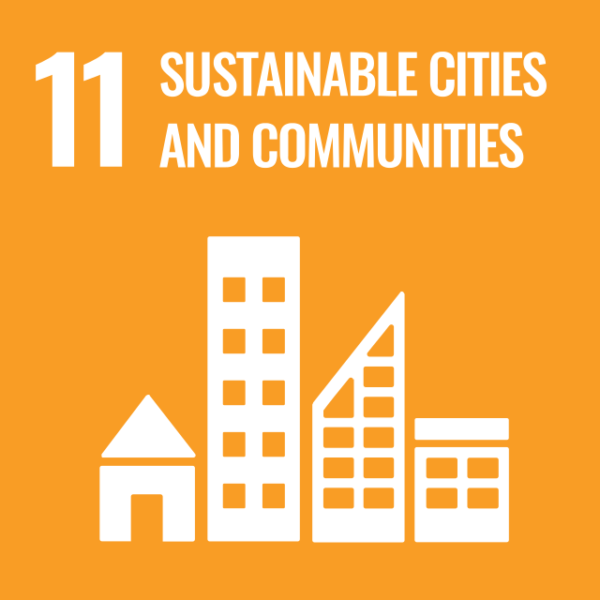
RESPONSIBLE CONSUMPTION AND PRODUCTION
Icelandic society is particularly consumer intense. If everyone on the planet would consume in the same manner Icelanders do, we would need 15,56 Earths. Icelander’s ecological and carbon footprint is very large despite depending nearly only on renewable energy sources. We have an excellent opportunity to reduce our footprint by becoming more aware about what we consume, what we through away and what we recycle. Responsible consumption and production entails sustainable and innovative ways of exploiting our natural resources and energy, public access to basic services and “green jobs” resulting in an improved standard of living for everyone. The implementation of this SDG will reduce the economic, social and environmental costs of our consumption, strengthen competitiveness and reduce poverty.
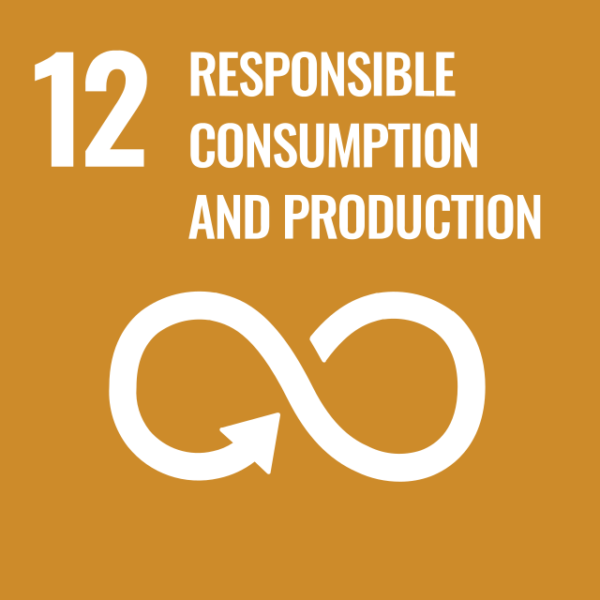
CLIMATE ACTION
A massive task for the globe is to slow and reverse the catastrophic warming of the planet and climate change. We are aware burning fossil fuels, agriculture, production and others, produce greenhouse gases which contribute to potentially irreversible damage to our atmosphere and climate. The automobile, ship and airplane fleets are a large part of our national carbon footprint, but “imported CO2” in the form of imported products is a significant contributor to our large footprint. We can reduce this negative impact with responsible consumption and environmentally friendly modes of transportation. Carbon capture and sequestration is a significant part of slowing down the damage to our climate, but we need to take care that it is not at the expense of biological diversity, nor that it is a carte-blanche to maintain the status-quo.
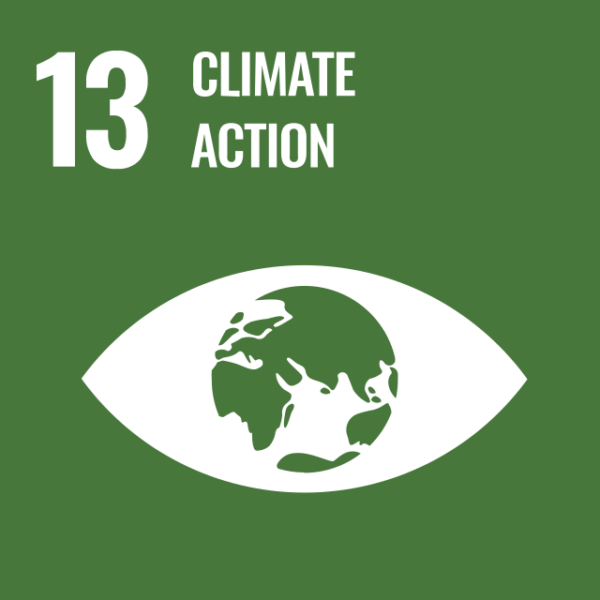
LIFE BELOW WATER
The exploitation of marine resources has been essential for Icelandic society throughout the ages. We need to ensure that the human race can continue to rely on the bounty of the oceans and that marine ecosystems return to health. We need to be sure that the fishing industry is sustainable. By reducing the amount of carbon emissions, we can slow the acidification of the oceans. Plastic waste is a massive problem in all of the world’s oceans. We must reduce the amount of plastic we use and reuse and recycle the best we can.
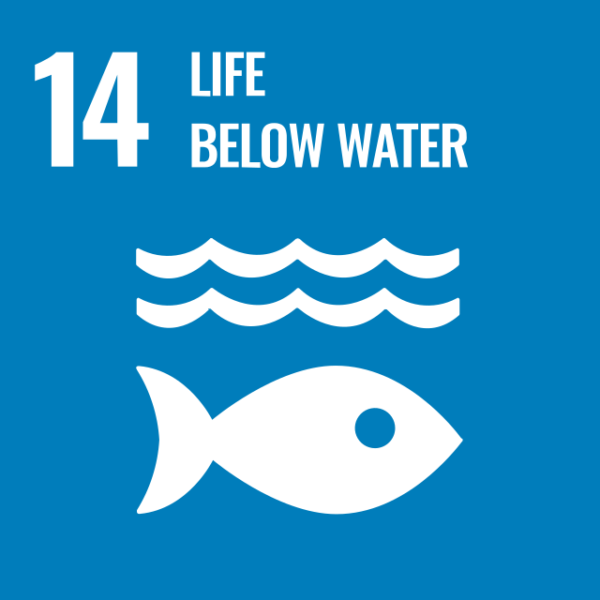
LIFE ON LAND
The settlement of Iceland and the import of domestic animals had a devastating effect on Icelandic vegetation and vegetation coverage. Unsustainable grazing practices and drainage ditches have negatively affected Icelandic nature and ecosystems. We need to work towards reclaiming the lost qualities of the land, stop the destruction of ecosystems and stop the reduction of biological diversity. We need to ensure that agriculture, production, tourism and the general land use is sustainable and that we are responsible guardians of these valuable resources.
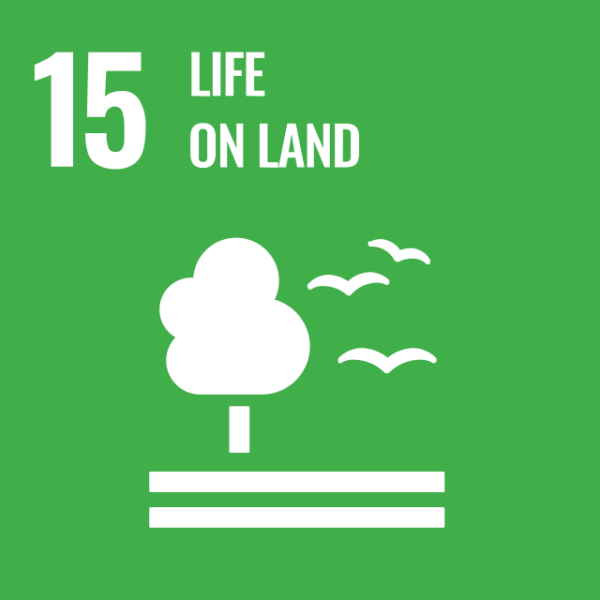
PEACE, JUSTICE AND STRONG INSTITUTIONS
Iceland is considered to be one of the most peaceful countries in the world. There is yet plenty of work to be done. Any abuse, violence, crime – organized or otherwise, should not be tolerated in Icelandic society.

PARTNERSHIPS FOR SUSTAINABLE DEVELOPMENT
Few nations live as comfortably as we here in Iceland. The 17th SDG is about supporting developing nations reaching higher standards of living in harmony with nature and society. This SDG is also a call to action, that we contribute towards creating a sustanable and resilient future.
